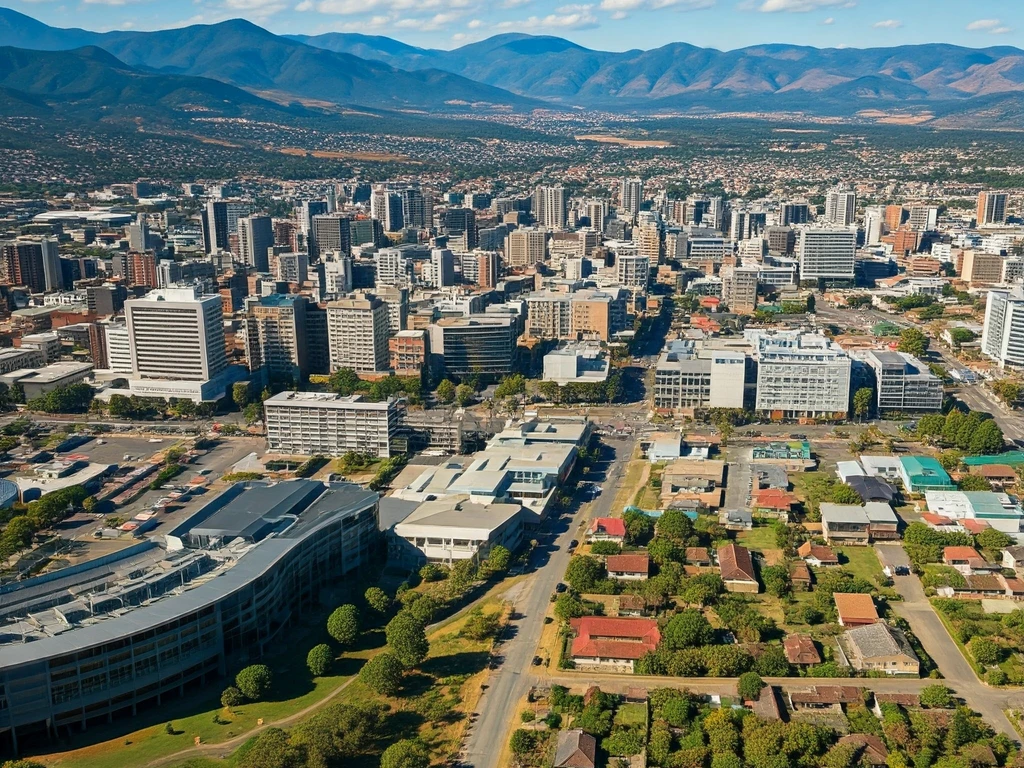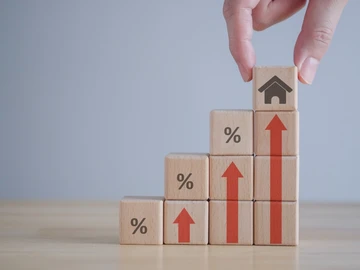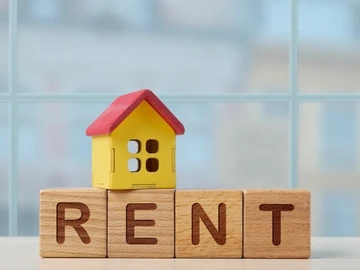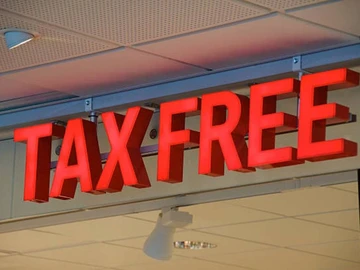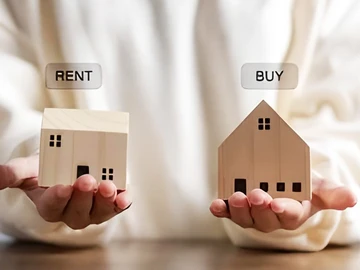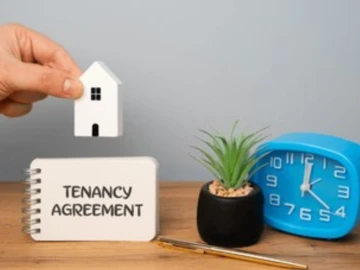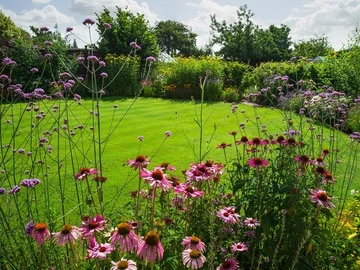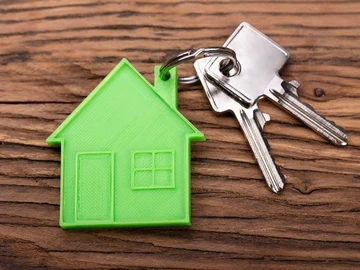When it comes to real estate investment in Southern Africa, Zimbabwe and South Africa present unique opportunities and challenges for property buyers. A comparative analysis of these two markets reveals significant differences in annual returns, property aesthetics, and overall affordability. Understanding these factors can help you make an informed decision about where to invest your hard-earned cash.
Higher Annual Returns in Zimbabwe
One of the most compelling reasons to consider investing in Zimbabwean real estate is the potential for higher annual returns compared to South Africa. Recent market analyses indicate that Zimbabwe typically yields 8-12% annual returns on real estate investments, significantly outpacing South Africa's average of 5-8%. According to the Zimbabwe National Statistics Agency (ZIMSTAT), the property market in Harare has seen returns of up to 10% in the last year, driven by increasing demand for residential properties.
Example: Investment in Harare
Investors in Harare are reaping the benefits of this robust market. Properties bought for USD 100,000 have appreciated to USD 120,000 within just two years, showcasing a remarkable 20% capital growth. This trend highlights the lucrative investment opportunities in Zimbabwe's urban centers, particularly as infrastructure development improves living conditions and drives demand.
Cost of Purchasing Property in Zimbabwe vs. South Africa
While Zimbabwe offers higher yields, the cost of purchasing property is generally lower in South Africa, especially in less urbanized areas. The average price of a home in South Africa was around ZAR 1.3 million (approximately USD 70,000) in 2023, according to Stats SA. This lower price point is coupled with a more aesthetically appealing property market, where modern developments and well-maintained homes are prevalent.
Example: Affordable Homes in South Africa
In suburbs like Ekurhuleni and Pretoria, buyers can find properties that are both aesthetically pleasing and well-priced. For instance, a three-bedroom home in Ekurhuleni can be purchased for around ZAR 900,000 (approximately USD 50,000), making it an attractive option for both local and foreign investors.
Conversely, Zimbabwean properties, especially in urban centers like Harare, often range from USD 120,000 to USD 200,000, but many require significant renovations to meet modern living standards. This disparity in aesthetics and cost can deter some investors, despite the strong returns on investment.
Balancing Aesthetics and Investment Returns
While South African properties may be more affordable and visually appealing, the investment returns in Zimbabwe often compensate for the higher purchasing costs. According to the Zimbabwe Property Review, properties in areas like Chitungwiza traditionally seen as less attractive are yielding returns that justify the investment, with some areas reporting up to 12% in annual rental yields.
Example: Rental Yields in Zimbabwe
For instance, a two-bedroom house purchased for USD 80,000 in Chitungwiza can generate monthly rental income of USD 600, equating to a solid 9% yield. Investors seeking capital growth in Zimbabwe must weigh the benefits of higher annual yields against the potential for lower aesthetic value in the properties they purchase.
Conclusion: Which Market Is Right for You?
In conclusion, both Zimbabwe and South Africa offer unique advantages for real estate investors. Zimbabwe's higher annual returns provide significant long-term benefits, while South Africa's affordability and aesthetic appeal attract a different segment of the market. Ultimately, the choice between these two markets will depend on your investment priorities whether you value immediate visual satisfaction or are willing to invest in properties that promise substantial returns over time.
As always, prospective buyers are encouraged to seek professional advice and conduct thorough market research before making any investment decisions.
Investing in real estate can be a lucrative endeavor if done wisely. So, whether you’re drawn to Zimbabwe's higher returns or South Africa's charm, ensure you navigate the property landscape with caution and confidence.
 Continue with Facebook
Continue with Facebook
 Continue with Email
Continue with Email

